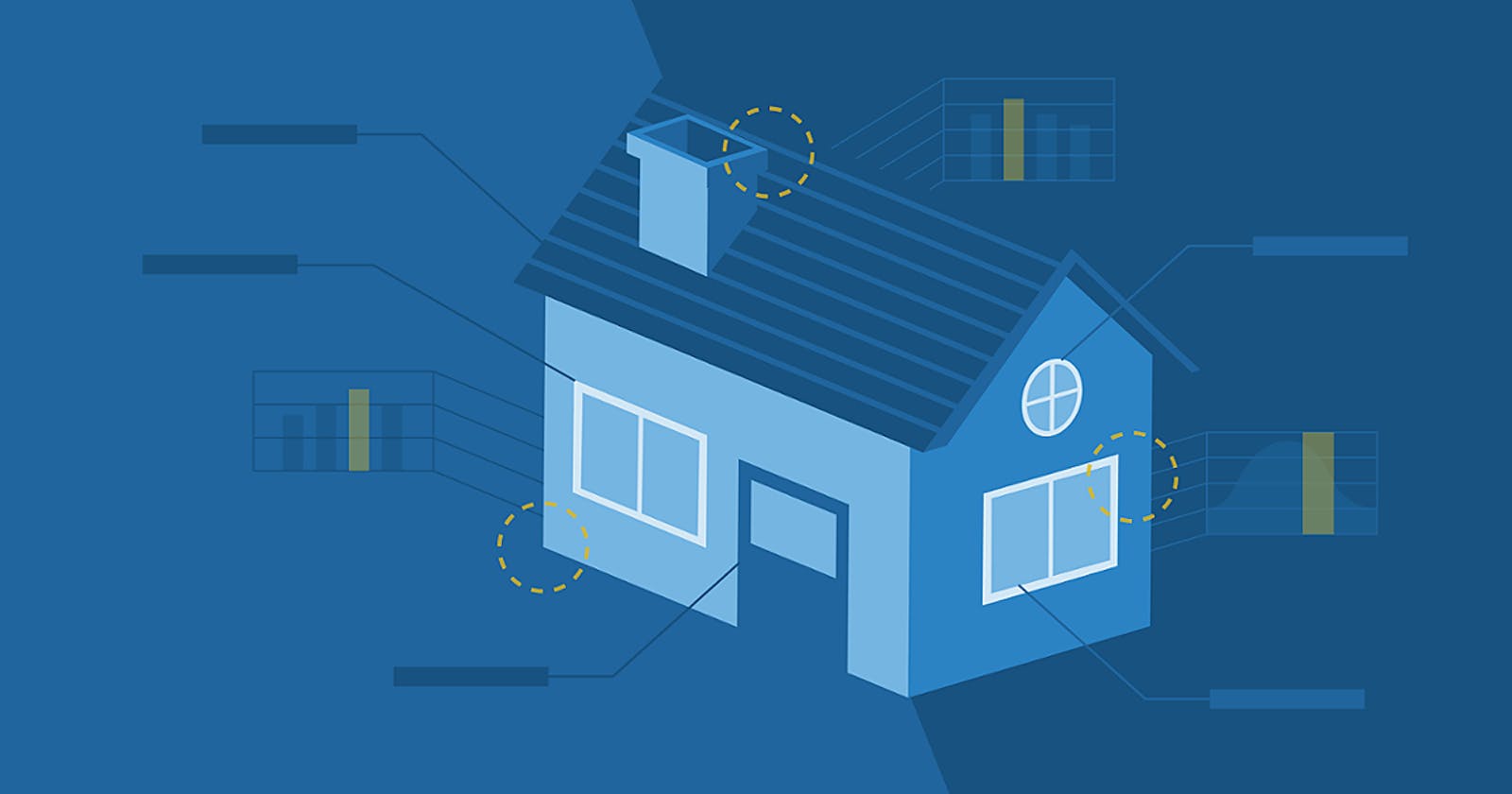PropTech trends 2022. How PropTech is disrupting the traditional Real Estate
Property technology, also known as ‘PropTech’, can be defined as the application of technology and software to real estate markets. It embraces the numerous tech companies that work on evolving and transforming the property industry.
Referred to as ‘real estate technology’, PropTech strives to make the lives of owners, landlords, and tenants easier by implementing various technologies, aimed to make property management and other real estate operations more efficient. In other words, PropTech endeavors to make owning, leasing, or working in a building as easy as possible for all parties involved.
Other sectors often intersect with Proptech, including:
FinTech, which involves financial technology startups, such as mobile banking platforms;
Smart Real Estate, which refers to technologies involved in building and operating smart cities and smart homes;
ConTech refers to construction technology products and startups, such as aerial mapping drones.
SOFTWARE DEVELOPMENT TRENDS IN REAL ESTATE Some people had been afraid that the pandemic would cause significant damage to the real estate industry, but, despite everything, it keeps thriving, not least thanks to various online platforms that have been helping people find, choose, and buy a property without the need to leave their homes. To get a better understanding of the market, let’s take a closer look at real estate software development trends.
#1 - Administration automation
The simplest tasks sometimes can be the most time-consuming. Therefore, the most obvious solution is to automate all mundane tasks, such as routine customer services, communication, maintenance management, leasing, and scheduling viewing appointments.
#2 - AR and VR
It’s hard to sell a product that hasn’t been created yet, and sometimes no number of beautiful words can convey what the result will look like. Numerous property development companies have found that the best way to tackle this issue is to provide the most detailed and realistic remote property viewings using modern technology, such as augmented and virtual reality. Such viewings not only let you take stock of every corner of a future home but also emotionally engage a potential home buyer.
#3 - Blockchain
The invention of the blockchain has stirred the world. In PropTech, blockchain technology can be used for storing data as well as registering real estate transactions and contracts, helping automate and accelerate various operations. Blockchain allows companies to significantly improve data security and ensure maximum efficiency.
#4 - Customer Relationship Management (CRM)
CRM software helps companies manage their relationships and interactions with customers. It’s usually responsible for tracking leads, storing data, managing contacts, as well as monitoring potential leads. With CRM software, real estate agents can inspect all their correspondence with potential and current customers as well as redirect messages to other people who can take care of those requests.
#5 - Geolocation
In the real estate industry, location is one of the most important aspects that influence the property’s price and attractiveness. People pay just as close attention to neighborhoods and districts as to the properties themselves. Geolocation technology helps you create a detailed replica of landscapes. It deals with county maps, flood zone maps, real estate data, and topography, in general.
#6 - Internet of Things (IoT)
In addition, one of the most popular trends is associated with implementing applications that transform a regular home into a smart one, making your home routine much easier. To achieve that, you usually need to place sensors around your home and insert computing technology into different day-to-day items. Such features used to be part of the science fiction genre. However, now IoT is getting more and more common. There are mobile applications that help people control lighting, room temperature, and parcel delivery, among other features. Moreover, another essential part of IoT is a virtual assistant that deals with the communication aspect.
It’s important to note that such technologies demand a good Internet connection to ensure smooth operation. 5G can help you tackle this issue.
#7 - Mobile Apps
It has been shown that more and more people are using smartphones instead of computers in their day-to-day life. Smartphones are, after all, permanently close at hand. There is no need to turn on your PC when all essential tasks can be done via a smartphone, including shopping, socializing, playing, studying, planning, and much more. Therefore, having a mobile app is crucial for a successful business project.
#8 - Security
As more transactions are done on the Internet, the question of security is as relevant as ever. Now, dozens of apps have access to your confidential data, such as your credit card details and other personal information. It’s crucially important to be careful with what applications you decide to trust with such delicate matters. Information security threats are getting increasingly complex with hackers constantly learning and improving their skills. Therefore, software developers need to keep up with them.

